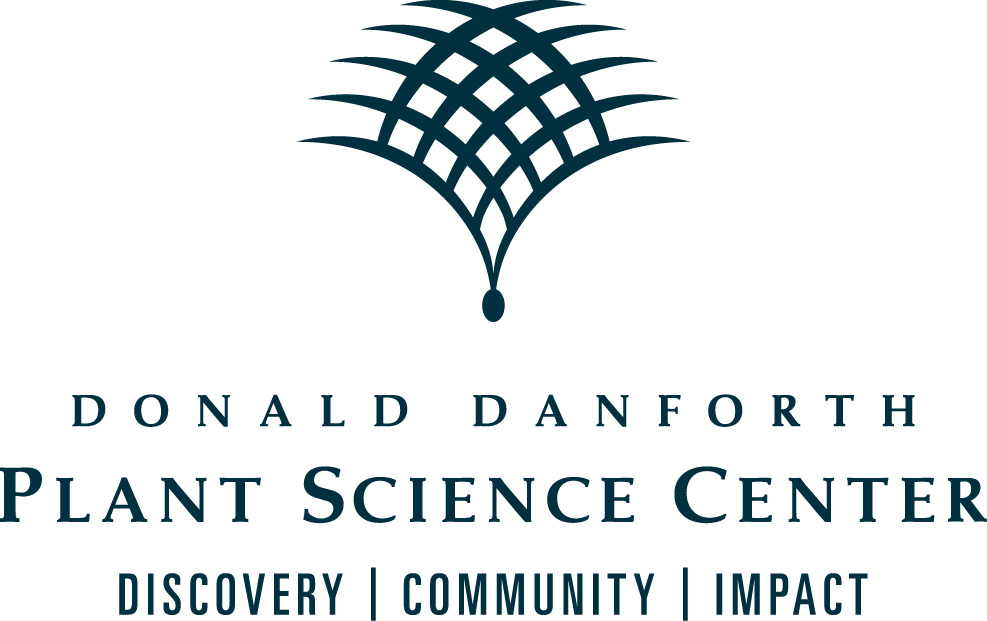Newswise — ST. LOUIS, MO, February 27, 2023 – Rebecca Bart, PhD, member at the Donald Danforth Plant Science Center, and her colleagues from Washington University in St. Louis will be featured on a global stage at South by Southwest (SXSW) on March 11 at 2:30 PM at the JW Marriott, Austin Texas. SXSW is one of the most sought-after annual conferences in the world, attended by leaders and innovators in business, entertainment, and culture.
“Plants, People & Planet: Microbes Rule Health” is part of the conference’s 2050 track which focuses on long-term, big-picture innovations and challenges. The panel discussion will focus on the critical role microbes, like beneficial bacteria and fungi, can have on the health of people and our planet. The biodiversity of soil and plant microbiomes links to the biodiversity of microbiomes in our guts. Science is radically rethinking agriculture & forestry practices, food systems design, personalized medicine, nutrition, pathways to optimal health and mitigating climate change. In this session, experts will explain in everyday language the nature of microbiomes, their ability to predict biological health, the pressures that compromise microbiomes, and their potential to heal some of our greatest societal challenges.
Bart and her research team at the Danforth Center are at the forefront of this work. Their focus goes beyond the study of potentially detrimental microbes like harmful bacteria and viruses; they are also interested in understanding the less studied and equally important role of beneficial microbes. Research in teh Bart Lab seeks to better understand the complex relationships between microbes, plants, and the environment and the role that these relationships play in sustainability, agriculture, and human health. Bart also serves as the director of the Danforth Center’s Subterranean Influences on Nitrogen and Carbon (SINC) Center, a center of excellence dedicated to developing technology that will reduce the amount of chemical nitrogen fertilizer used in agriculture by 12% without sacrificing crop yield. Cutting down on excess nitrogen use would reduce nitrogen runoff in water ecosystems, improve soil health, and reduce the carbon footprint of agriculture—this effort, if successful, will be equivalent to taking 10 million cars off the road. Bart will bring her unique insights to the March 11 panel at SXSW.
Moderator: Rodrigo Perez Ortega, science journalist and staff writer at Science Magazine
Panelists: Rebecca Bart, PhD, member, Donald Danforth Plant Science Center; Drew Schwartz, MD, PhD in pediatrics and infectious diseases at Washington University in St. Louis; Nick Goeser, Carbon A List
About the Donald Danforth Plant Science Center
Founded in 1998, the Donald Danforth Plant Science Center is a not-for-profit research institute with a mission to improve the human condition through plant science. Research, education, and outreach aim to have an impact at the nexus of food security and the environment and position the St. Louis region as a world center for plant science. The Center’s work is funded through competitive grants from many sources, including the National Science Foundation, National Institutes of Health, U.S. Department of Energy, U.S. Agency for International Development, and the Bill & Melinda Gates Foundation, and through the generosity of individual, corporate, and foundation donors. Follow us on Twitter at @DanforthCenter.
